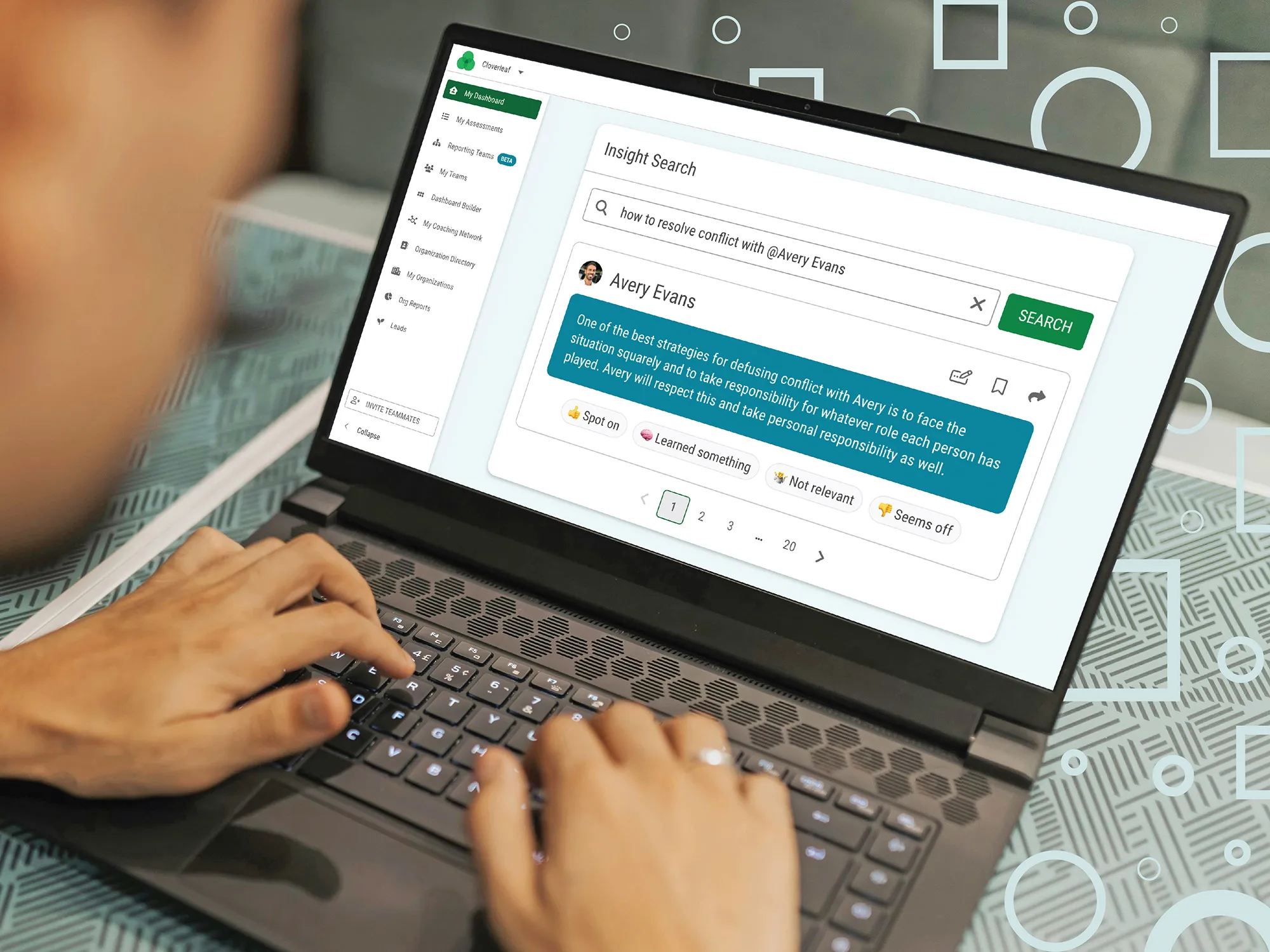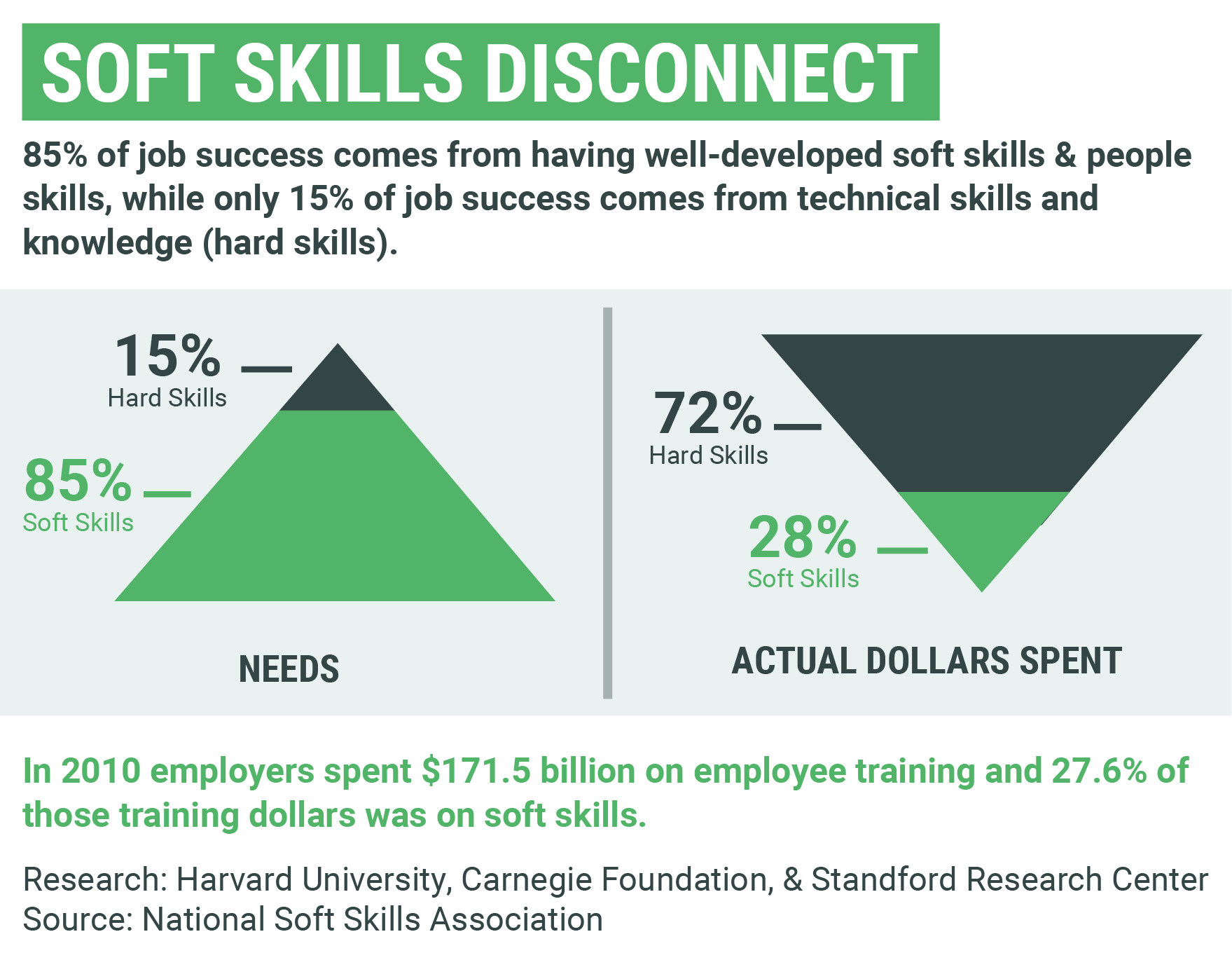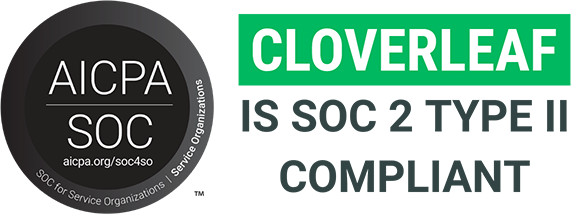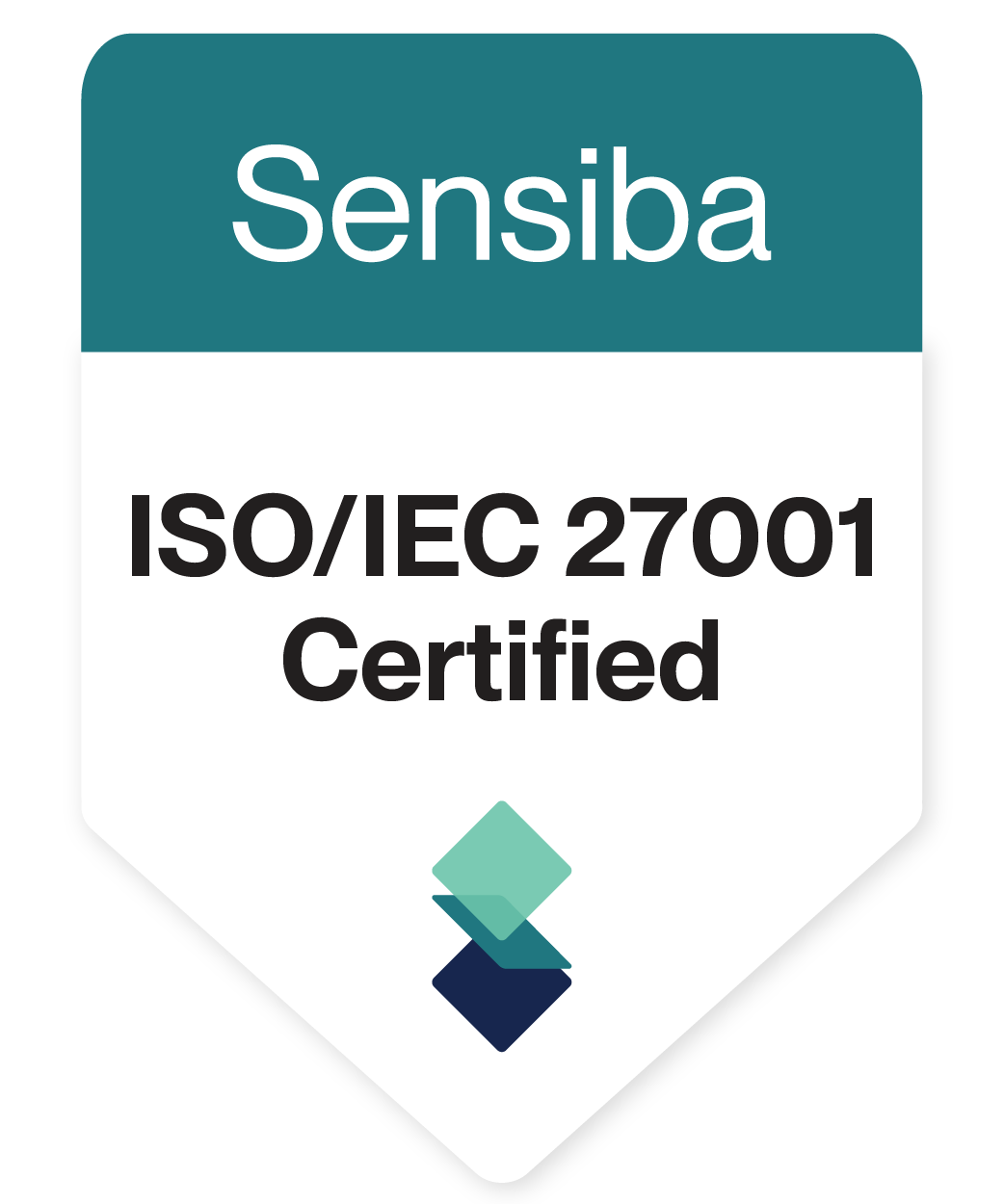Every year, companies pour thousands of dollars into interpersonal skills training—workshops, webinars, and leadership courses—all in the hope of building stronger teams. Yet, here’s the reality: those investments rarely stick. Employees return to their desks only to fall back into old patterns—miscommunications derail projects, team tensions simmer beneath the surface, and collaboration becomes a game of survival instead of synergy.
Sound familiar? That’s because most interpersonal skills training happens in a vacuum. It’s disconnected from the actual work employees do and the challenges they face daily. It’s a one-size-fits-all approach to problems that demand a deeply personal, contextual touch. No wonder leaders struggle to connect training efforts to tangible outcomes like faster project timelines, fewer misunderstandings, or higher team morale.
Talent leaders face an overwhelming challenge: embedding interpersonal skills into the flow of work, where they can actually drive meaningful change. But the good news? With the right strategies and tools, moving from one-off programs to a scalable, personalized approach that creates lasting, measurable impact is possible.
Why It’s Time To Rethink Interpersonal Skills Training Strategies
In today’s knowledge-based economy, human skills like communication, collaboration, and emotional intelligence are no longer “nice-to-have”—they’re essential for success. Yet, despite their critical role in driving organizational outcomes, these skills are often underdeveloped and underinvested in.
The Costs of Getting Interpersonal Skills Training Wrong
- While 85% of job success stems from human skills, organizations spend only 27.6% of their training budgets on developing them.
- Employees spend an average of 3.2 hours per day collaborating, yet a staggering 37% report receiving fewer than two hours of training—if any—on how to do it effectively. (Research: Harvard University, Carnegie Foundation, & Standford Research Center Source: National Soft Skills Association, nationalsoftskills.org)
The problem isn’t just underinvestment; there is a misalignment between traditional approaches and the realities of modern work. Workshops and courses, often treated as one-off events, are valuable, however, learnings can dissipate after returning back to work. This creates a gap between training investments and real-world application, leaving employees ill-equipped to navigate critical workplace challenges.
3 Areas Interpersonal Skills Training Has Room For Improvement
- It’s disconnected from daily work: Employees learn abstract concepts like ‘active listening’ or ‘conflict resolution’ during workshops but often lack the confidence or tools to apply these ideas in high-stakes situations, like mediating a disagreement between team members or making a split-second decision under pressure.
- It’s not contextual or personalized: Trainings often focus on principles for good reason, but what about the unique dynamics of specific teams? Miscommunication and unresolved tensions persist when training lacks personalization and context to consider how different working styles and roles shape collaboration.
- It’s treated as an afterthought: Despite their pivotal role in driving innovation and collaboration, human skills are often sidelined in favor of hard skills training, even as automation increases the demand for emotional intelligence.
Why Human Skills Are Non-Negotiable in a Digital Age
As digital transformation and automation continue to reshape industries, the value of human skills is skyrocketing. Work is increasingly about conveying abstract ideas, building trust, and navigating complex team dynamics—capabilities that cannot be automated. Yet, organizations persistently undervalue the interpersonal skills training needed to master these skills, leaving teams to rely on trial and error instead of equipping them for success.
When Training Fails, the Costs Are Measurable
Employees leave training sessions inspired but still need tools to reinforce their development on demand. They still need help translating abstract principles into actionable behaviors, and as a result, the effort invested in training often fails to deliver measurable outcomes. Training that feels disconnected from an employee’s day-to-day work isn’t just ineffective—it can breed frustration, as people may perceive it as a waste of time.
Interpersonal Skills Training Must Become Dynamic
To close this gap, organizations must adopt a smarter, more integrated approach. Interpersonal skills training should:
- Solve Real-Work Challenges: Focus on the specific situations employees encounter, such as navigating a conflict or leading a cross-functional team.
- Adapt to Individual and Team Needs: Use tools like assessments for deeper nuance and insights to surface the unique dynamics of each person and team.
- Integrate Into Daily Workflows: Provide just in time coaching nudges inside the tools employees already use, such as Slack, Microsoft Teams, or email.
By shifting to a contextual, personalized approach, talent development leaders can empower teams to build better habits, grow stronger relationships, and drive measurable improvements in performance.
Adult learners want learning that matters to them right now. This means the content has to relate not only to the challenges they are facing but also to the specific team and interpersonal dynamics that they are navigating, which differ from person to person and from organization to organization. This is why pre-packaged programs or role based training on leadership and conflict can, at times, provide diminished value.

Ready To Scale Human Skill Development?
See How Tech Can Help Your Team Make Personal Development a Daily Practice
The Real Problems Interpersonal Skills Training Still Struggle To Solve
Challenges like recurring miscommunications, unresolved conflicts, and mismatched working styles derail projects, strain relationships, and diminish team trust. Training initiatives frequently promise to improve how employees “communicate better” or “work as a team,” but the real challenge isn’t awareness of concepts—it’s driving meaningful, lasting behavioral change when it matters most.
Don’t overlook the real culprit behind workplace tension: employees’ lack of self-awareness. Without an understanding of how their behaviors impact others, individuals unknowingly contribute to breakdowns in communication, missed deadlines, and recurring frustrations. This lack of awareness creates ripple effects that stall collaboration and erode trust, leaving teams grappling with the same persistent issues despite repeated training investments.

Employees Will Struggle to Change Without Self-Awareness
It’s easy for training approaches to categorize interpersonal skills as a list of universal best practices without consideration of the unique dynamics that each individual experiences throughout their day.
Employees might leave a workshop with vague recommendations to “listen more actively” or “manage conflicts constructively,” but these principles lack the personal context needed to translate them into action. Without tools that illuminate why they respond to pressure the way they do—or how their behavior impacts others—employees are left guessing how to apply what they’ve learned.
Self-awareness isn’t just recognizing one’s strengths and weaknesses; it’s understanding how those traits show up in day-to-day interactions. Employees with high self-awareness can anticipate how they’ll respond under stress and proactively adjust their behaviors.
Self-awareness develops—it grows through feedback, reflection, and intentional action. When nurtured, it helps employees align their behaviors with organizational goals, creating stronger collaboration and improved outcomes.
Teams Can’t Flourish If They Don’t Understand Each Other
Interpersonal challenges don’t exist in isolation. Team dynamics—the collective interplay of personalities, communication styles, and behaviors—can amplify or undermine individual efforts. Other-awareness empowers people to understand and adapt their approaches based on their teammates’ behaviors, communication style, and work preferences.
Imagine a workplace where people function with more other-awareness:
- A leader with a direct communication style might realize their approach can feel blunt or intimidate more reserved team members, prompting them to adjust their approach.
- A team member with a deep preference for structure might find ways to collaborate more flexibly with others who are more comfortable with less structure.
- During a brainstorming session, employees might consciously draw out quieter team members by leveraging their knowledge of team members’ strengths.
When employees understand their teammates’ strengths, preferences, and working styles, differences become opportunities for synergy rather than sources of tension.
Awareness Creates A Positive Ripple Effect On Team Performance
High-performing teams don’t just happen—they’re built on trust, mutual respect, and adaptability. Self and team-awareness lay the groundwork for these qualities, driving tangible improvements in communication, productivity, and collaboration.
- Teams with high awareness make decisions faster, with less conflict.
- People communicate with greater clarity, reducing errors and misunderstandings.
- Individuals anticipate challenges before they escalate, addressing them proactively instead of reactively.
On the other hand, a lack of awareness creates bottlenecks and stalls progress. Misunderstandings become frequent, team members struggle to align on goals, and frustrations build. Over time, this erodes trust and diminishes morale—critical issues that even the most skilled leaders struggle to overcome without addressing the root cause.
We’ve all experienced how low self and other awareness can impact performance:
- A team member who consistently misses deadlines might not realize how their communication style unintentionally leaves expectations unclear.
- A manager who struggles to resolve tension between direct reports might not recognize their tendency to avoid conflict, leaving issues to fester rather than addressing them head-on.
- Or, in high-pressure situations, employees may default to old habits, repeating the same behaviors that cause friction and inefficiency in team dynamics.
The root of workplace challenges isn’t just skill gaps—it’s a lack of self- and team awareness that keeps employees stuck in patterns of miscommunication, unresolved conflict, and inefficiency. Breaking this cycle requires more than topical content or role based training delivered in dispersed programs.

How Personalized Nudges Can Activate Interpersonal Skills
Workplace challenges in communication and collaboration often aren’t due to a lack of training but the struggle to put that knowledge into practice when it matters most. People need coaching nudges that help them address their specific obstacles and align with their roles and team dynamics.
Tools like DISC, CliftonStrengths, or Enneagram become invaluable. Technology can use these assessment results to provide micro coaching to give team members a deeper understanding of their behavioral tendencies, such as communication styles, decision-making approaches, or stress responses. These valuable insights transform from static information into dynamic, personalized coaching to contextualize how to use self awareness—with actionable nudges embedded into the workday.
How Do Personalized Coaching Nudges Result In Behavior Change?
- A team leader preparing for a contentious meeting gets a nudge to pause during discussions and ensure every voice is heard, addressing their tendency to dominate conversations.
- One individual juggling cross-departmental collaboration receives a reminder to leverage their relational strengths to build rapport and reduce friction.
- Another team member under pressure to meet a tight deadline is prompted to recognize their emotional triggers and apply strategies to stay calm and focused.
These timely coaching nudges, integrated into tools like Slack, Microsoft Teams, or email, ensure that employees aren’t just learning—they’re actively adapting. Cloverleaf’s Automated Coaching™ delivers this level of personalization by pairing behavioral data with actionable guidance. Employees receive support precisely when and where they need it, building better habits over time.
Why Context Matters More Than Content
Interpersonal skills training often falls short because it focuses on broad advice instead of addressing the unique realities employees face. To meet today’s workforce challenges, training must go beyond theory and integrate into the natural flow of work—tailored to individual behaviors, team dynamics, and the high-pressure moments where these skills are critical.
It’s not enough for employees to simply recognize their own tendencies; they must also learn to adapt in real time to the needs of their roles, teammates, and specific challenges. This level of personalization ensures that training doesn’t just educate—it helps transform how teammates interact and collaborate.
For talent leaders, supporting self- and team awareness through contextualized coaching can achieve measurable results by:
- Equip employees with actionable understanding of their own behaviors and how those behaviors affect team outcomes.
- Ensure coaching happens when it’s most impactful, such as before a critical meeting or during a collaborative project.
- Help teams navigate differences, leveraging them as strengths rather than obstacles.
Without embracing these principles, organizations risk perpetuating the same cycles of miscommunication and misalignment, despite ongoing investments in training programs. Contextualized coaching bridges the gap, delivering tangible, sustainable improvements in team performance.
Meeting the Challenge of Growth Without Losing Impact
As organizations grow, the challenge is twofold: scaling interpersonal skills training—and doing so without losing the personal relevance and day-to-day applicability that make such training effective.
Traditional methods, like in-person workshops or e-learning modules, can lack the context of individuals evolving dynamics. These approaches require significant resources, struggle to engage distributed teams, and miss connecting learning to the moments where it’s needed most: employees’ actual work.
When training is disconnected from real-world contexts, a frustrating gap emerges. Employees may understand what to do in theory but often lack the tools or confidence to apply those lessons effectively in critical situations.
The Scalability Problem with Traditional Methods
Traditional training approaches face three major hurdles when it comes to scaling effectively:
- Time-intensive workshops: Employees are pulled away from their responsibilities, and balancing packed schedules with lengthy sessions can lead to disengagement.
- Generic content: One-size-fits-all programs ignore the nuanced needs of individual teams and working styles, making it difficult for employees to connect training to their specific roles.
- Distributed teams: In hybrid or remote setups, centralized training becomes increasingly difficult to manage, further widening the gap between learning and application.
The Scalable Solution: Embedded, Personalized Coaching
Organizations must adopt solutions that seamlessly integrate training into employees’ daily routines to meet the needs of a growing and diverse workforce. The key is shifting from one-size-fits-all programs to embedded, personalized coaching that delivers targeted insights when and where employees need them most.
For true scalability, interpersonal skills training must be:
- Integrated into workflows: Development shouldn’t feel like a burden. Rather, it should have opportunity in the midst of experiences alongside those we work with.
- Tailored to individuals: Training should adapt to unique needs, offering personalized insights that resonate with employees’ specific challenges.
- Timely and relevant: Learning needs to be delivered at critical moments, such as before a high-stakes meeting or during a collaborative project, ensuring employees can act on what they’ve learned.
By embedding personalized coaching into daily workflows, organizations can create scalable, impactful training that are relevant and actionable—no matter the size or structure of their workforce.
Build Better Teams, One Insight at a Time
Ready to scale interpersonal skills training? Cloverleaf’s Automated Coaching™ empowers teams with the tools they need to adapt, collaborate, and thrive. Discover how personalized coaching can deliver measurable results for your organization.



